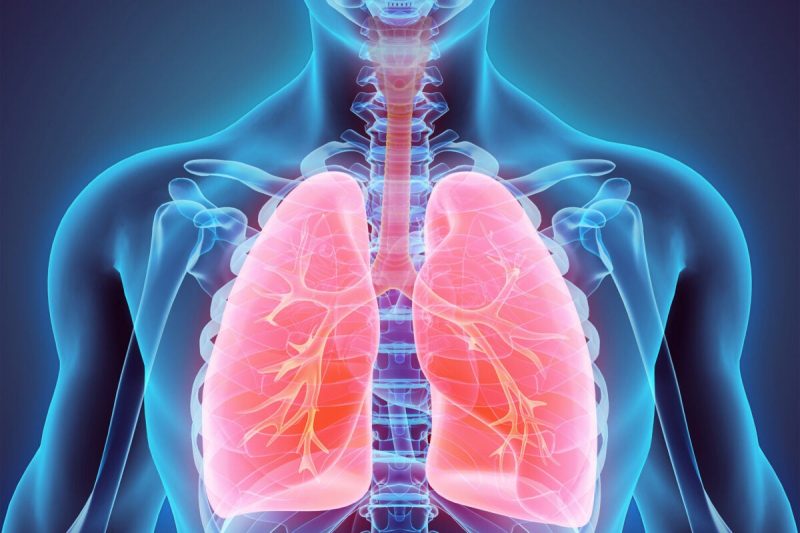In a recent study conducted by a team of researchers, alarming findings have been revealed regarding the trend of increased alcohol consumption during the pandemic. The study, which sought to investigate the impact of the COVID-19 crisis on drinking habits, sheds light on the potential consequences of pandemic-induced alcohol consumption.
One of the key takeaways from the study is the noticeable rise in alcohol intake among individuals as a coping mechanism for stress and anxiety caused by the pandemic. With the lockdowns and social restrictions in place, many people turned to alcohol as a way to manage their emotions and alleviate feelings of isolation. This coping strategy, while providing temporary relief, can have detrimental effects on both physical and mental health in the long run.
Furthermore, the study also highlights the link between increased alcohol consumption and a higher risk of developing alcohol use disorder. The blurring of boundaries between work, home, and leisure during the pandemic has created an environment where the lines between social drinking and problematic drinking become easily crossed. This normalization of excessive drinking poses significant challenges in identifying and addressing potential alcohol-related issues.
Moreover, the study warns about the potential long-term consequences of increased alcohol consumption during the pandemic. Chronic alcohol abuse not only impacts individual health but also places a strain on healthcare systems already overwhelmed by the COVID-19 crisis. The combination of alcohol-related health issues and the burden on healthcare resources could further exacerbate the public health crisis.
In response to these concerning findings, the researchers emphasize the importance of raising awareness about the risks associated with pandemic drinking. Education campaigns focused on promoting healthier coping mechanisms and responsible alcohol consumption can play a crucial role in mitigating the negative effects of increased alcohol intake during times of crisis. Additionally, access to mental health support services and resources for those struggling with alcohol use is essential in addressing the root causes of excessive drinking.
As the world continues to navigate the challenges brought about by the pandemic, it is essential to recognize the interconnected nature of mental health, substance abuse, and overall well-being. By acknowledging the warning signs and taking proactive steps to address problematic drinking behaviors, individuals can protect their health and seek the necessary help and support when needed. Ultimately, the study’s findings serve as a call to action to prioritize mental health and well-being during these unprecedented times.



